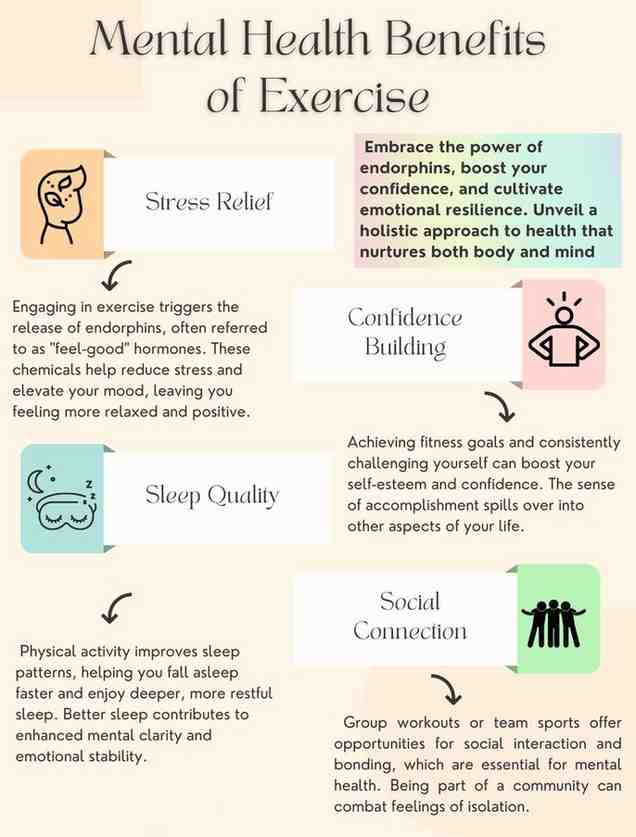Yoga, an ancient practice that originated in India, has gained immense popularity worldwide for its transformative power on the body, mind, and spirit. In this article, we will explore the profound impact of yoga and how it can enhance our overall well-being. From physical strength and flexibility to mental clarity and emotional balance, yoga offers a holistic approach to self-care and self-discovery.

The Physical Benefits of Yoga
One of the primary reasons people turn to yoga is its ability to improve physical health. Through a combination of asanas (postures), pranayama (breathing exercises), and meditation, yoga cultivates strength, flexibility, and balance. It increases muscular tone, improves joint mobility, and enhances overall body awareness. Additionally, regular yoga practice can alleviate chronic pain, improve cardiovascular health, boost the immune system, and promote better sleep.
The Mental and Emotional Benefits of Yoga
Beyond its physical benefits, yoga has a profound impact on mental and emotional well-being. The practice of mindfulness and deep breathing in yoga helps calm the mind, reduce stress, and enhance mental clarity. It can alleviate symptoms of anxiety and depression, promote relaxation, and foster a sense of inner peace. Moreover, yoga teaches us to be present in the moment, cultivate self-compassion, and develop resilience in the face of life’s challenges.

The Spiritual Dimensions of Yoga
Yoga is deeply rooted in spirituality, offering individuals a path to connect with their inner selves and the greater universal consciousness. The philosophy of yoga encompasses concepts such as unity, compassion, and self-realization. Through regular practice, individuals can deepen their spiritual journey, cultivate gratitude, and develop a greater sense of purpose and interconnectedness.
Different Styles of Yoga
Yoga is a diverse discipline with various styles and approaches. Hatha yoga, which focuses on physical postures and breath control, is suitable for beginners and those seeking a gentle practice. Vinyasa yoga, characterized by flowing movements and synchronized breath, offers a dynamic and energetic practice. Other styles include Ashtanga yoga, Kundalini yoga, and Yin yoga, each with its unique emphasis and benefits.
Getting Started with Yoga
For those new to yoga, it can be overwhelming to know where to begin. However, starting a yoga practice is accessible and can be tailored to individual needs and abilities. It is recommended to seek guidance from a qualified yoga instructor, who can provide proper alignment cues, and modifications, and help create a safe and supportive environment. Additionally, establishing a regular practice at home and incorporating yoga into daily life can deepen the benefits.
Yoga for Weight Management
Through regular practice, yoga can aid in weight management. It encourages mindful eating, fosters self-awareness, and supports a healthy lifestyle, contributing to lasting weight control.
The Power of Meditation
Meditation is an essential aspect of yoga. It promotes a calm mind and enhances concentration. The transformative power of meditation extends to everyday life, helping individuals make better decisions and stay present in the moment.
FAQs
1. Can anyone practice yoga?
Yes, yoga is inclusive and can be adapted to suit individual needs and abilities.
2. How often should I practice yoga to experience its benefits?
Consistency is key. Practicing yoga regularly, even if for a short duration, can lead to transformative results.
3. Are there different styles of yoga, and do they offer different benefits?
Yes, there are various yoga styles, each focusing on distinct aspects. The choice of style depends on your goals and preferences.
4. Can yoga help with specific health conditions?
Yoga is known to complement conventional medical treatments for various health conditions, providing relief and support.
5. What is the best way to get started with yoga if I’m a beginner?
Begin with beginner-friendly classes or online tutorials. Start slowly and gradually progress as you build strength and flexibility.
Conclusion
Yoga is a transformative practice that offers a myriad of benefits for the body, mind, and spirit. From physical strength and flexibility to mental clarity and emotional well-being, the practice of yoga nurtures holistic health. Whether seeking physical fitness, stress relief, spiritual growth, or a combination of these, yoga provides a pathway to self-discovery, inner peace, and overall well-being. By embracing the transformative power of yoga, we can embark on a journey of self-care and self-transformation that extends far beyond the boundaries of the yoga mat.

